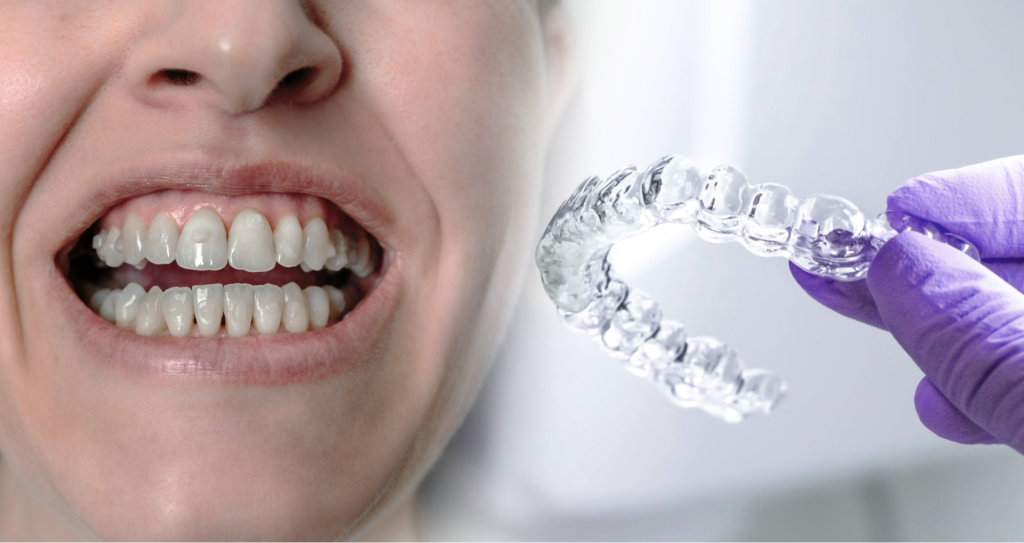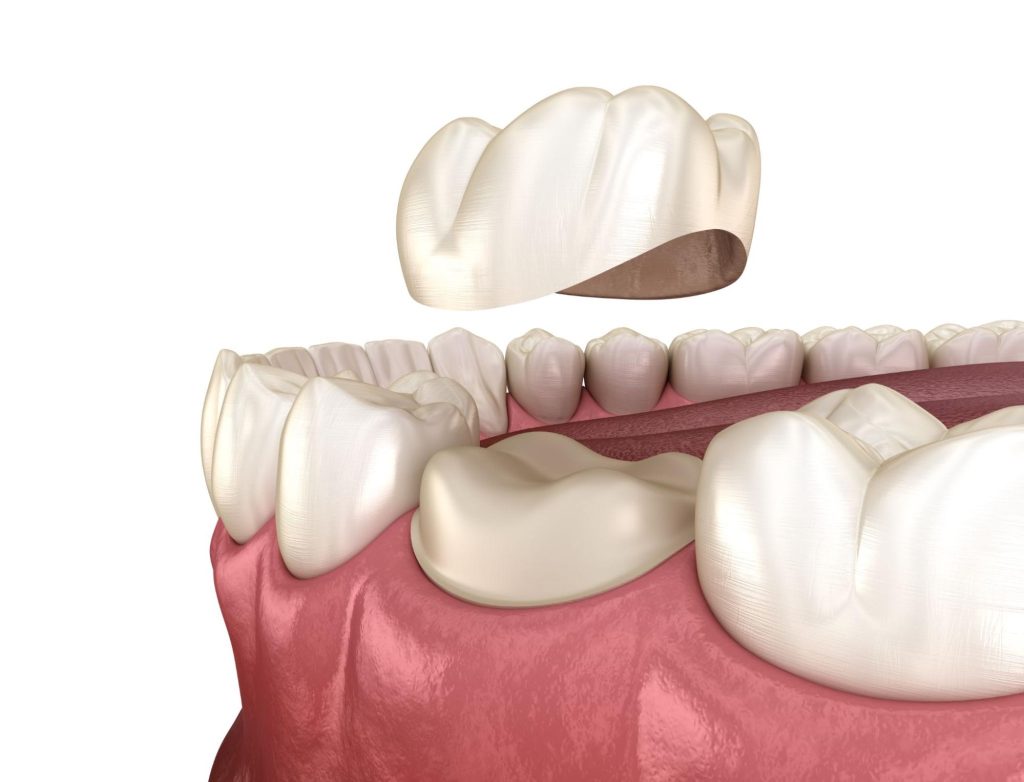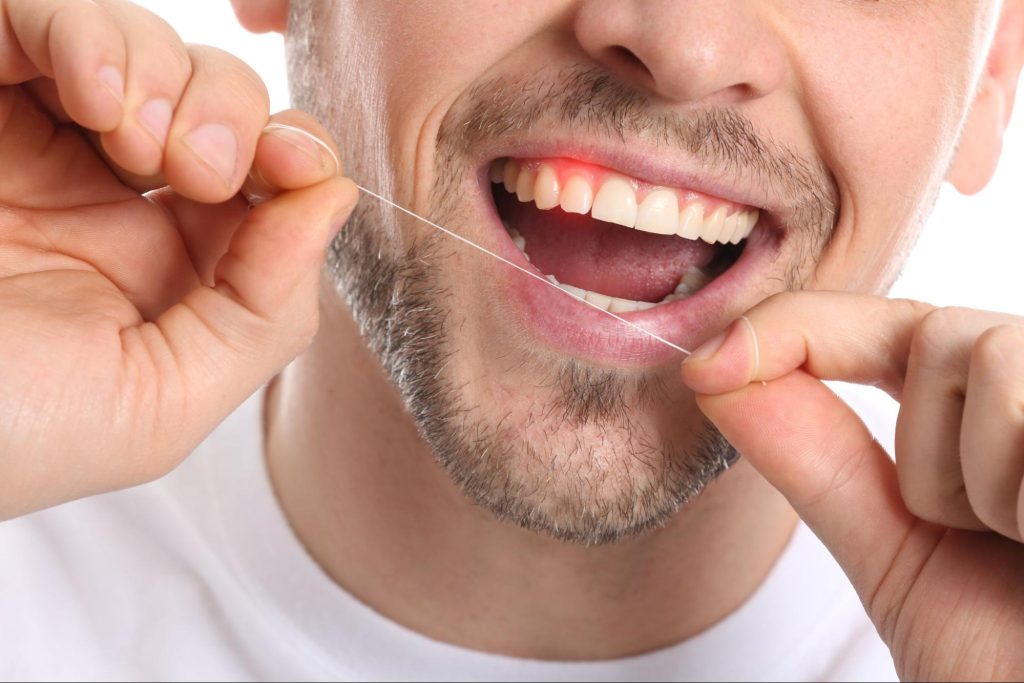Have you ever woken up with an aching jaw or found your tongue has been cut by your teeth? You may be grinding your teeth.
As this usually happens during your sleep it can be a surprise to learn that in fact you are a teeth grinder. Teeth grinding or bruxism is actually quite common. Many people grind their teeth from time to time. Problems arise when it become chronic.
Most people think this is due to anxiety but you don’t have to be anxious about something to grind your teeth. It can be an involuntary action that you only find out about if your partner hears your grinding or your dentists notices wear marks on the enamel of your teeth.
There can be a number of reasons for tooth grinding including emotional factors such as stress, anger or anxiety or physical factors such as physical fatigue, illness or dehydration. People who grind their teeth may also have physiological factors such as incorrect tooth alignment or fillings that are incorrectly filled and are therefore too high for their bite.
Other symptoms of teeth grinding include:
- Headache, pain in the joints of your jaw
- Sore ears
- Bites on the inner cheek of your mouth
- Wobbly teeth
- Chipped tooth enamel
- Aches in the temples
- Stiffness of the face when you wake
- Stiffness of the jaws, particularly when eating
What you do about it depends on the severity. If it happens regularly either your own symptoms or your dentist will alert you to the fact that you need to address the situation.
If the grinding is due to stress you should look into ways to relax. There are plenty of options open to you including regular exercise, stress management therapy, yoga or tai chi or cognitive behaviour therapy.
You can also help by avoiding caffeine and alcohol, relax your jaw muscles by applying a warm heat pack to your cheeks or train your jaw to relax through the day by putting the tip of your tongue between your teeth. Also try to avoid chewing gum because it can make your jaws accustomed to a clenching action which encourages grinding.
Certainly if you are shaping up to be a teeth grinder for the long-term you should consult your dentist for assistance to protect your teeth.
In some cases, chronic teeth grinding can result in a fracturing, loosening, or loss of teeth. Teeth can even be ground right down to stumps. If this should happen your dentist may suggest procedures such as crowns, bridges or implants or dentures.
Chronic bruxism can damage to your jaw and can even affect the appearance of your face. It can also damage your teeth or any dental work, cause headaches and facial pain. Importantly, teeth grinders should know that chronic bruxism can bring about temporomandibular joint (TMJ) disorder which can restrict your ability to open your jaws and cause a clicking sound when you chew.
All in all teeth teeth grinding should never be ignored. If it’s short term you should address your underlying stress to reduce the incidence of bruxism. If it’s chronic – see your dentist who can assist you with either a protective split you can wear at night or dental alignment to correct your bite.
Whatever option you explore – don’t ignore teeth grinding – your teeth deserve it.



